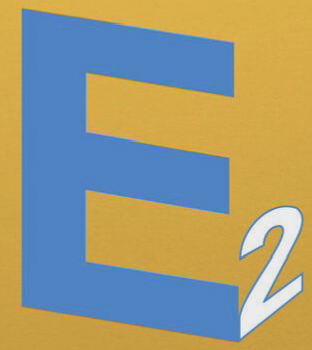Finding Your Second Wind
The old saying is that March comes in like a lion and goes out like a lamb. The same could be said about motivation around this time of the year. We start strong. But by the end of March, New Year’s resolutions have come and gone, marking periods have come and gone, the end of the school year is just about in sight, and boy are we tired! Looking for inspiration to find a second wind? Look no further, EEG has you covered!
Problem: It’s the second half of the school year. Work is getting more challenging, and I’m having enough trouble finishing one assignment on time, when suddenly another one is due!
Solutions: Sounds like you need a different way to keep track of your assignments. Breaking down long-term, multi-part assignments into manageable chunks with timelines is an important component of academic success. There are a variety of homework tracker and calendar apps to help with this, or you can rely on the old standby, a planner. The trick here is to match whatever technology you use to your strengths and learning style. As an example, an app with visual reminders, or one that requires you to log in daily, may not be useful for you if you aren’t in the habit of checking your phone. Maybe you need something that pushes through alerts with sounds, to add that sense of urgency. Need more support? Check out our weekly executive function coaching options.
Problem: Everyone expects that I’ll go straight to college after graduation, but I’m not sure that’s the path for me. I’m exhausted from high school, and I don’t want to go straight to four more years of studying and taking tests. I think I need a break, but will people think less of me? And what are the chances that I’ll want to go to college afterwards?
Solutions: Feeling like this is more common than you’d think. If you have already identified that you’re stressed out and not ready for college, you’re actually a step ahead of the game. Far better to take some time to figure things out (and catch up on foundational skills to prepare you while you’re at it) than to jump into college unprepared only to leave or re-think your strategy after one or two semesters. According to the Gap Year Association (GYA) 2020 Survey of Gap Year Participants, 83% of respondents enrolled in or continued higher education after their gap year. Another 13% worked or resumed working, and the remainder traveled, continued their gap year, or joined the military. A little over a third of the students who embarked on a gap year experience did so because they were burned out or wanted to take a break from studies. Gap Year experiences can be individually tailored to explore areas of passion and build academic and leadership skills. Visit www.gapyearassociation.org for more information, or check out EEG’s gap year consulting to help develop a meaningful individualized path.
Problem: I can’t seem to find a way to keep my child motivated for school. Every night is a battle about homework, and after every bad grade is another empty promise to do better. I hate being the enforcer, but what else can I do?
Solution: Sounds like you need to find more productive ways to engage with your child, instead of blustering (see what we did there?) These don’t always come naturally, and it isn’t easy to change long-standing patterns of communication. Ready for help? Check out EEG’s 1:1 parent coaching, which is individualized to each family’s needs.
